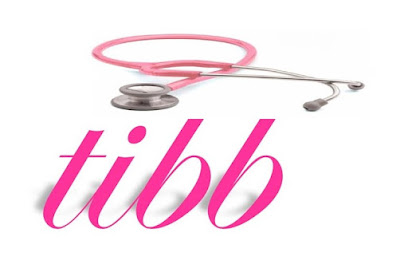Tibb (Medicine)
Tibb (Medicine)
Tibb is the science that deals with the state of health and disease
of the human body. When a body is in health then it should be preserved or if health
is lost, then should be restored. Tibb is an Arabic word literally meaning the
art of healing. In English, the meaning of Tibb is medicine. This definition
divides Tibb into two parts –
1.
Ilm
hifze sehat (Preventive)
2.
Ilmul
ilaj (Therapeutics)
Some scholars divide the Tibb into a speculative (theoretical) and
a practical (applied) part. Ibn Sina has mentioned it is wholly speculative
because it is pure science. But truly every science has both a speculative and
a practical aspect. We mean that these two aspects belong together-one deals
with the basic principles of knowledge, the other with the mode of operation of
these principles. Once the purpose of
each aspect of medicine is understood you can become skilled in both, even
though there should never come a call for you to exercise your knowledge. There
are several branches of medical science, Like, Anatomy, Physiology, Pathology,
Cardiology, etc.
The subject matter of Medicine: The
subject matter of medicine is the human body because it deals with the
condition of health and disease. Health and sickness and their causes are
sometimes evident to the senses and sometimes only perceived through the
evidence afforded by the various symptoms. Hence, knowledge of the symptoms of
health and sickness is important. According to Galen, there are three states of
the body – Health, Disease, and Intermediate state. But Ibn Sina denies the
intermediate state, according to him, there are only two states – Health or
Disease.
Cause (Sabab): The factor
which occurs first and is responsible for the maintenance of a previous
condition or origin of a new condition of any particular state of health or
disease of the human body. The plural of Sabab is Asbab. There are four kinds
of causes of health and sickness –
1.
Material
causes (Asbab Maddiyya): It provides
the locale for health or sickness. In
the body, the arkan (elements), Akhlat (humours), Ada (organs), and Arwah (Pnuma)
are the material causes. Among these, the immediate subject is Ada (organs),
and Arwah (Pnuma) because health or disease locate in them. Whereas the remote
subject is Akhlat (humours) and Arkan (elements).
2.
Efficient
Causes (Asbab Fa‘ila): These are responsible for the maintenance or
change of a particular condition of health and disease. There are two kinds of
efficient causes –
A.
Asbab Sitta Zaruriyya (six essentials factor for life)
a. Hawa'al-Muhit. (Atmospheric air)
b. Makul Wa'l - Mashrub. (Foods & drinks)
c. Harkat Wa'l
Sukun al- Badaniyah. (Physical or bodily movement and repose)
d. Harkat Wa'l
Sukun al - Nafsaniyah. (Mental or psychic movement and repose)
e. Naum wa yaqza (sleep and wakefulness)
f. Istifragh
wa'l Ihtibas (Evacuation and retention).
B. Asbabe Ghair Zaruriyya (non-essential causes): These are non-essential to maintaining life but imparts their effects
on health. These are Geographical area, occupation, addiction, habits, Age,
sex, etc.
3.
Formal
Causes (Asbab Suriyya): These are
three in number - Temperament (Mizaj), Faculties (Quwa), and
Composition/structure (Tarakeeb). For good health all these three should be
normal, abnormality in any of these may reflect in disease.
4.
Final
Causes (Asbab Tamamiyya): These are
actions or functions. A knowledge of these presupposes a knowledge of the
faculties (quwa) and the pneuma (rooh).
The subject that deals with the knowledge of Arkan, Mizaj, Akhlat, Ada, Arwah, Quwa, and Afa’al are called Kulliyat-e-Umur-Tabi’yya.



Comments
Post a Comment